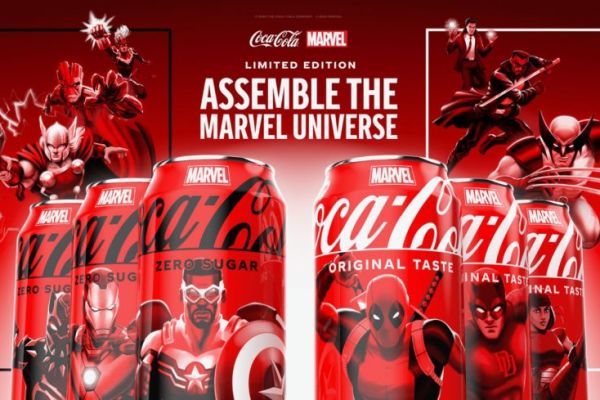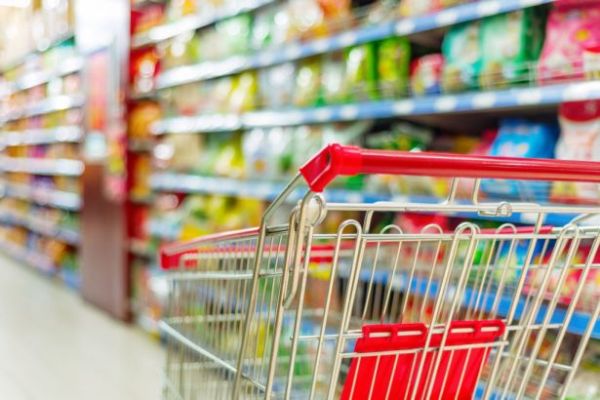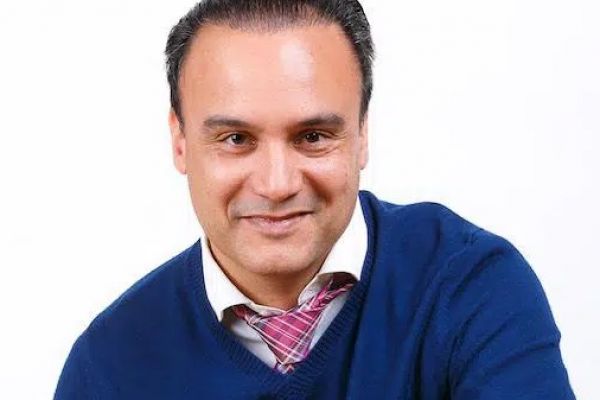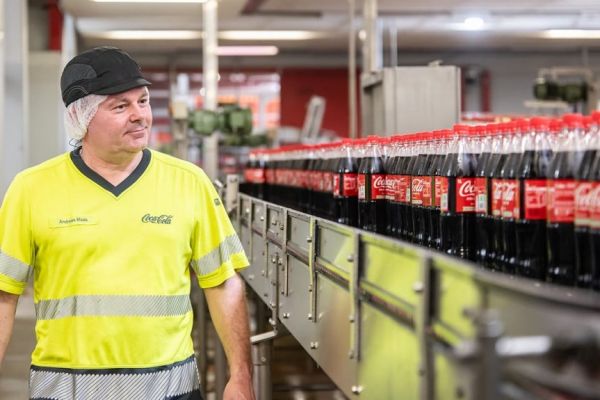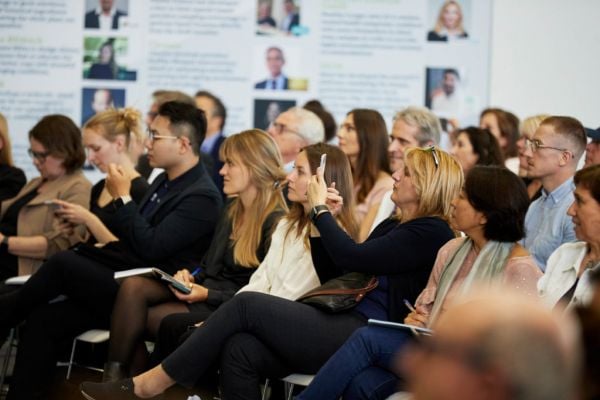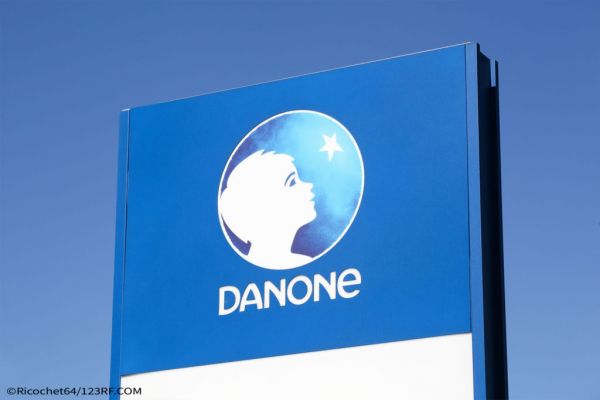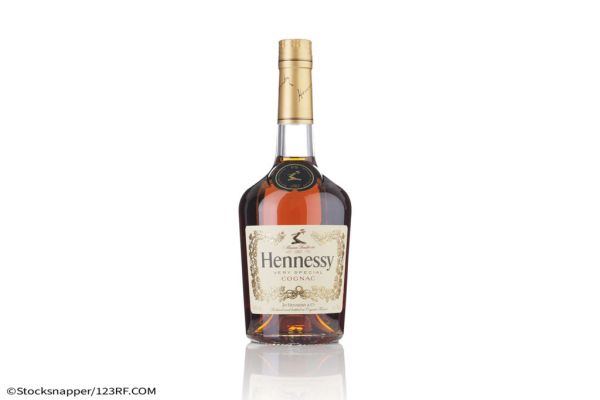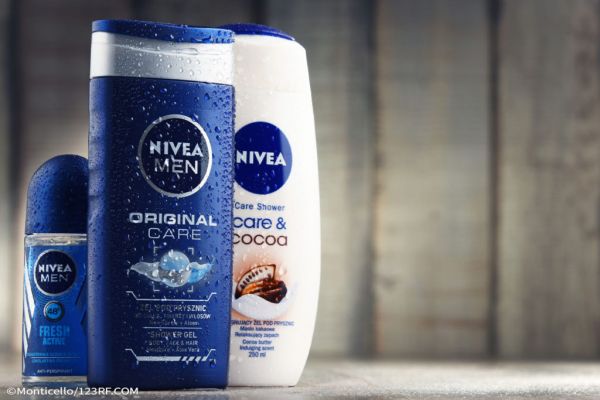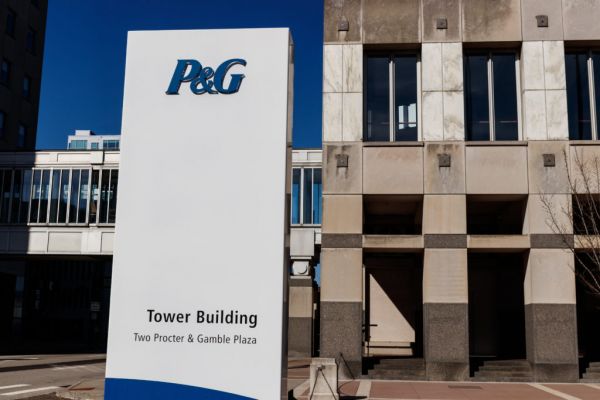Coca-Cola Beverages Africa, the bottling joint venture between the U.S. soft-drink maker and brewer SABMiller Plc, may close South African plants and see profit in the country more than halve if the government pushes ahead with a proposed sugar tax.
South Africa’s National Treasury last month recommended a levy on sugar-sweetened beverages that would generate almost 11 billion rand ($813 million) in government revenue, based on 2012 consumption data cited in the policy paper. The charge is aimed at reducing consumption of sugar and encouraging producers and suppliers to cut the sugar content of their drinks, according to the government.
The newly created bottler’s volumes in South Africa would probably drop by at least 25 percent if the tax were implemented as proposed, based on calculations using government assumptions, according to Velaphi Ratshefola, the managing director of Coca-Cola Beverages South Africa and chairman of the Beverage Association of South Africa, an industry lobby group. Smaller producers could shutter operations altogether, he said.
“Our profit will more than half,’’ Ratshefola said in an interview at Bloomberg’s Johannesburg office on Friday. “It will result in us scaling down our operations.”
If the tax goes ahead, CCBA would struggle to keep to an agreement with the government to keep employee levels steady for three years, he said.
Discriminatory Tax?
Claims of job losses are “mere speculation’’ at this stage of the process, National Treasury spokeswoman Phumza Macanda said in an e-mailed response to questions. The Treasury has set a deadline of Monday for comments on the draft policy paper, after which it will hold a consultation process, she said. The levy is 2.29 South African cents per gram of sugar.
“The industry should not jeopardize constructive engagement on this issue by resorting to scare tactics,” she said. “It’s universally accepted that sugar consumption has negative health consequences.”
The industry argues that the tax is discriminatory because sugar-sweetened drinks only contribute 3 percent, according to Ratshefola –- of South Africans’ daily caloric intake. While obesity and sugar consumption are issues that should be dealt with, the industry could work with government to find other ways to tackle them, he said. The study includes people who don’t drink sugar-sweetened beverages. For those who do, the proportion of daily calories could be higher, he said.
Members of the National Union of Food Beverage Wine Spirits and Allied Workers will protest against the proposed tax in Pretoria on Monday, the labor group said in a statement.
Almost 27 percent of South Africans older than 15 are obese, according to data published by the Organisation for Economic Cooperation and Development. That’s the sixth-highest rate among 41 countries tracked by the OECD. It’s also the highest of the emerging markets in the group after Mexico, which introduced a tax on sugar-sweetened drinks in 2014.
South Africans’ consumption of sugar through processed foods and soft drinks has increased by 33 percent since 1994 and the country consumes about three times more Coca-Cola products than the global average, according to Lisa-Claire Ronquest-Ross, a researcher at the Department of Food Science at Stellenbosch University.
“The high prevalence of soft drink consumption is concerning in terms of its association with obesity and non-communicable diseases,” she said in an e-mailed response to questions.
Shop Closures
In addition to possible company closures and job cuts, the beverage industry estimates that as many as 15,000 informal convenience stores, known as spaza shops, could close as a result of the tax, which would be the highest of its kind in the world, Ratshefola said. The vendors rely heavily on the sales of soft drinks, he said. Those shops on average employ 2 people, he said.
SABMiller holds 57 percent of CCBA, while Atlanta-based Coca-Cola Co. owns 11.3 percent. The balance is controlled by the Gutsche family, which was the majority owner of Coca-Cola’s former bottling partner in South Africa. The parties agreed with the government in May to keep employment at current levels for three years to secure approval for the merger, which was first announced in 2014. Other conditions included the creation of two development funds -- one for the agriculture industry and the other for retail and distribution -- worth a combined 800 million rand.
“If this tax were to be implemented there’s no way I could afford to keep the number of employees like that for three years,” Ratshefola said. “This tax legislation works completely opposite to what we negotiated.”
News by Bloomberg, edited by ESM. To subscribe to ESM: The European Supermarket Magazine, click here.

